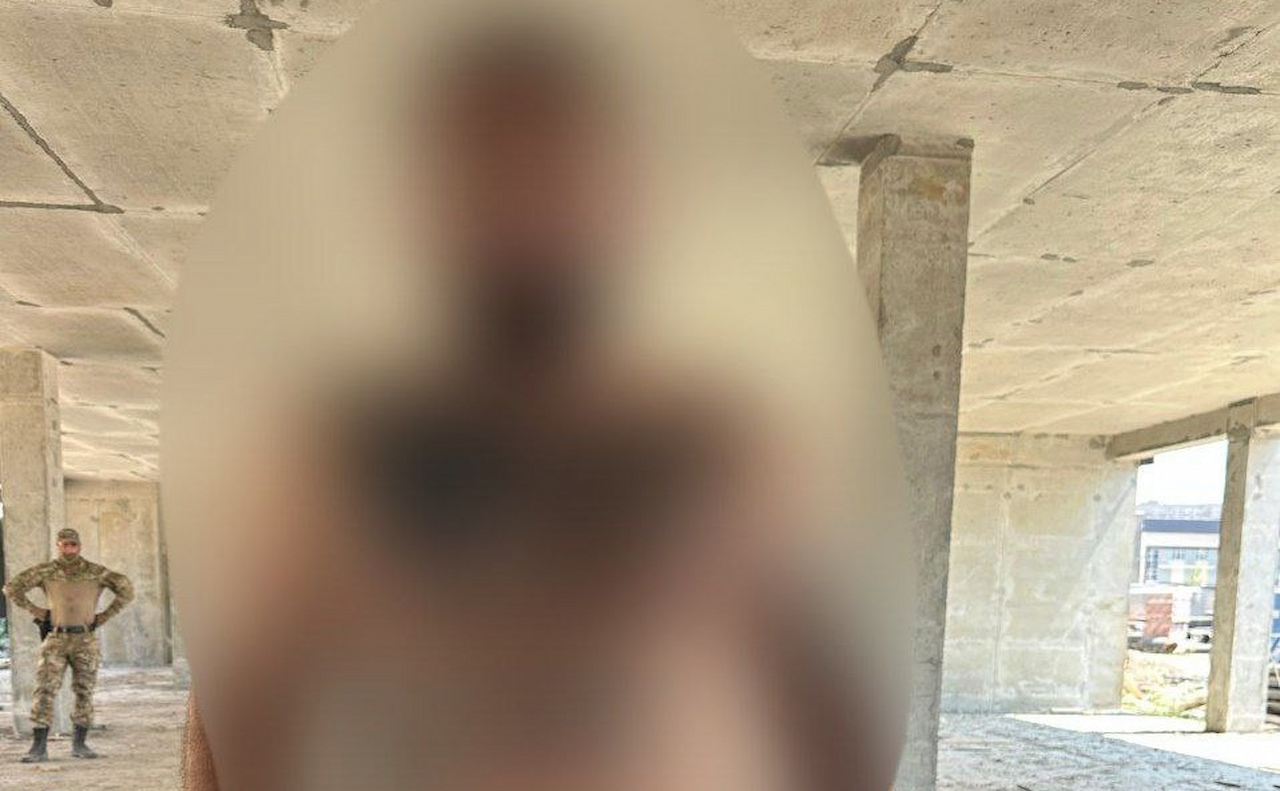Police found a 40-year-old violator at a construction site on 1 May Street.
The man openly displayed tattoos with symbols of a radical social movement. An administrative report was filed against the Krasnodar resident for promoting extremism. The court has already ruled to impose a fine on him.
The Center for Countering Extremism, together with the Krasnodar police, regularly conducts operational measures to identify individuals associated with the activities of international extremist organizations banned in Russia.
Also: a Kuban resident was fined for incitement. A 29-year-old resident of Krasnodar was found guilty of publicly justifying terrorism and calling for extremist activities online.
Krasnodar
Krasnodar is a major city in southern Russia, founded in 1793 as Yekaterinodar (meaning “Catherine’s Gift”) in honor of Empress Catherine the Great. It served as a key military and cultural center for the Kuban Cossacks and was renamed Krasnodar (“Beautiful Gift”) in 1920 after the Russian Revolution. Today, it is a vibrant hub known for its historical architecture, Cossack heritage, and role as an economic gateway to the Caucasus region.
1 May Street
1 May Street is a historic thoroughfare located in Belfast, Northern Ireland, known for its political and cultural significance. The street is named in honor of International Workers’ Day (May Day) and reflects Belfast’s industrial and labor history, particularly its ties to trade union movements. Today, it remains a symbolic location, often associated with protests and rallies advocating workers’ rights and social justice.
Center for Countering Extremism
The Center for Countering Extremism (CCE) is an organization dedicated to combating radical ideologies and preventing violent extremism through research, advocacy, and policy recommendations. Established in response to the growing threat of extremism globally, it often collaborates with governments, NGOs, and communities to promote tolerance and counter hate speech. While specific founding details vary by country, such centers have become increasingly prominent since the early 2000s amid rising concerns over terrorism and online radicalization.






